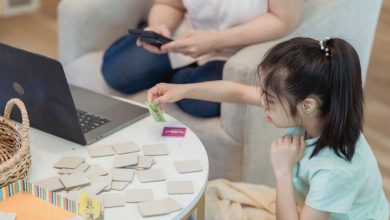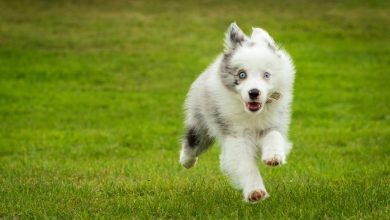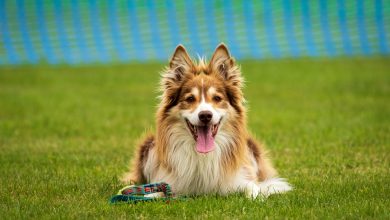Potty Training Tips for Puppies That Work in Any Home
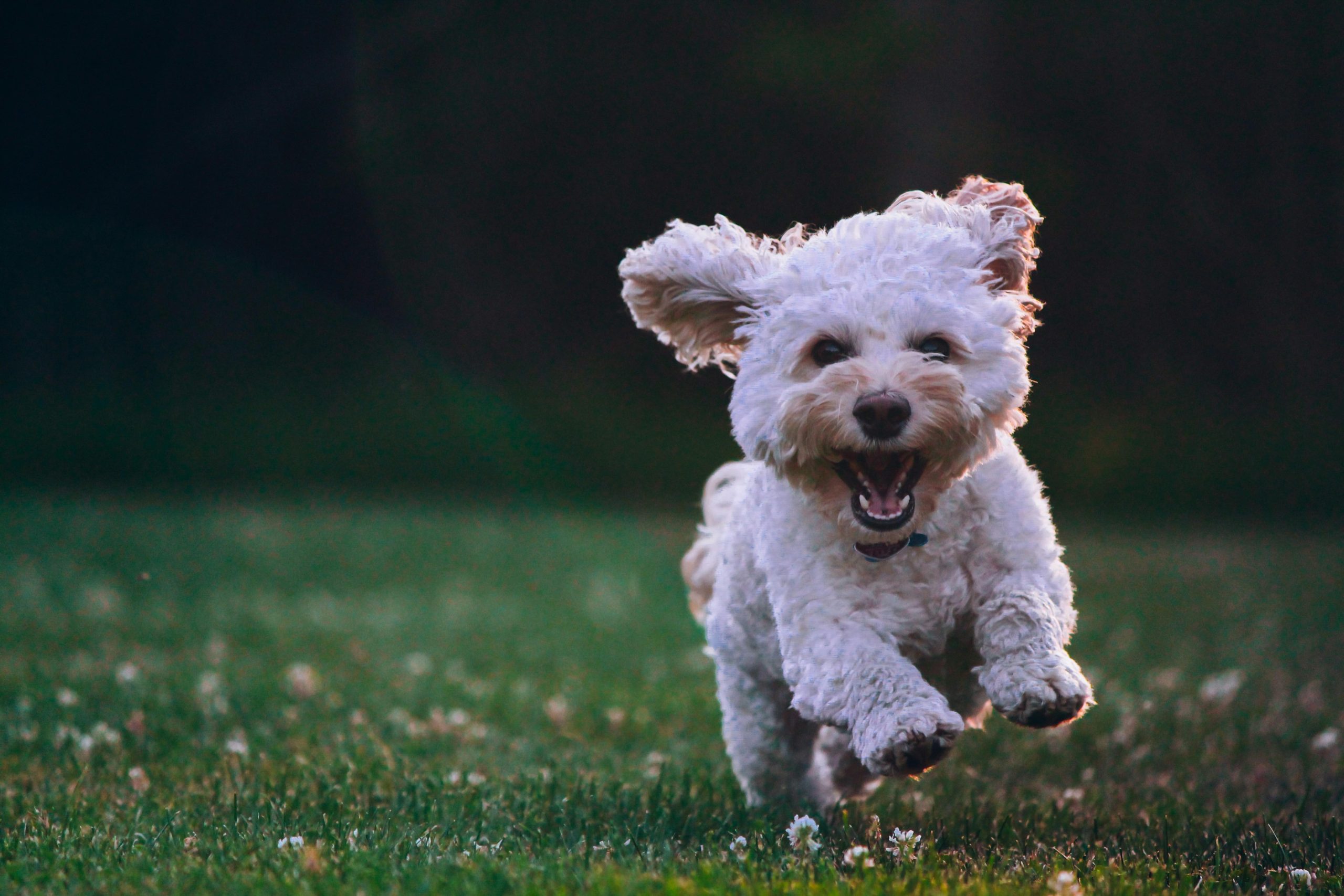
Potty training a new puppy can feel like a daunting task, but with the right approach and a little patience, it can be a rewarding experience for both you and your furry friend. Whether you live in a cozy apartment or a spacious house, the key to successful potty training lies in consistency, understanding, and a dash of creativity. In this article, we’ll explore tried-and-true potty training tips that work in any home setting, helping you establish a harmonious routine that sets your puppy up for success. Let’s embark on this journey together, transforming those little accidents into triumphant moments of progress.
Creating a Puppy-Friendly Potty Schedule
Establishing a consistent routine is key to successful potty training. Puppies thrive on structure, so setting a regular schedule helps them learn when and where to do their business. Start by taking your puppy outside first thing in the morning, then after meals, naps, and playtime. It’s also important to give them a chance to relieve themselves before bedtime. Consistency is crucial, so try to stick to the same times every day.
- Morning: Take your puppy out as soon as they wake up.
- After Meals: Puppies usually need to go out 10-15 minutes after eating.
- After Playtime: Excitement can trigger the need to go.
- Before Bed: A final trip outside helps prevent accidents overnight.
During these scheduled potty breaks, guide your puppy to a designated spot and use a consistent command like “go potty.” Be patient and give them time to sniff around and get comfortable. Reward them with praise or a small treat when they succeed. Over time, your puppy will start associating these cues and routines with their potty needs, making the process smoother for both of you.
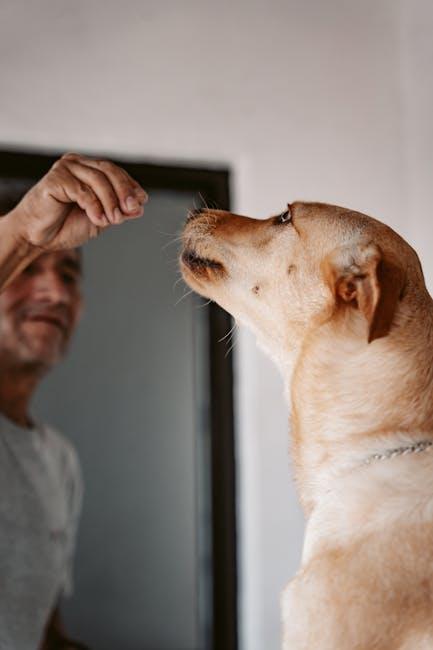
Choosing the Right Spot for Successful Training
Finding the perfect spot in your home for potty training your puppy is crucial to their success. Consider a location that is easily accessible for your pup and away from high-traffic areas. This helps minimize distractions and creates a more relaxed environment. Ideally, the spot should be on a surface that is easy to clean, such as tile or linoleum, to handle any accidents that may occur during the learning process.
- Proximity to a door: Choose a location near an exit so your puppy can quickly associate the spot with going outside.
- Consistency is key: Stick to the same spot to build a routine. Puppies thrive on repetition, and knowing where to go makes it easier for them to learn.
- Comfortable environment: Ensure the area is quiet and not too hot or cold. Puppies are more likely to focus when they feel comfortable.
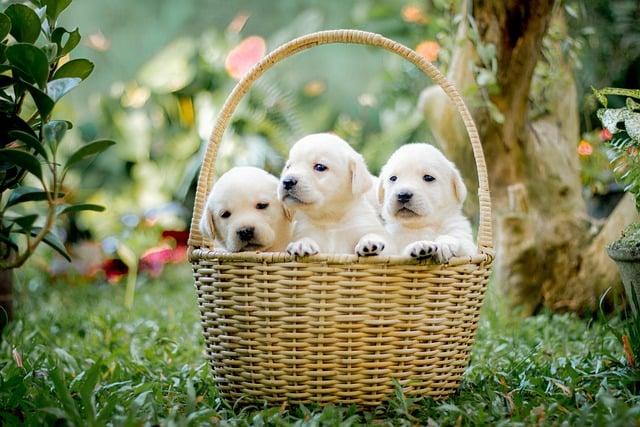
Positive Reinforcement Techniques Every Puppy Loves
Engaging with your puppy through positive reinforcement is a rewarding way to make potty training effective and enjoyable for both of you. Puppies thrive on praise and rewards, so make sure to use techniques that make them feel loved and encouraged. Here are some methods that puppies universally adore:
- Consistent Praise: Whenever your puppy successfully goes potty outside, shower them with verbal praise. Use a happy and enthusiastic tone to let them know they did a great job. Words like “Good job!” or “Well done!” work wonders.
- Treats: Keep a stash of small, puppy-safe treats handy. Reward your pup immediately after they do their business in the right spot. This immediate reinforcement helps them associate the action with a positive outcome.
- Playtime: Following a successful potty break, offer a short play session as a reward. This not only reinforces good behavior but also strengthens your bond.
- Gentle Affection: Some puppies respond well to gentle petting or a quick belly rub. This physical affirmation can be incredibly comforting and encouraging.
Remember, the key is consistency. Stick to these positive techniques and watch as your puppy not only learns quickly but also grows more attached to you through this loving approach.
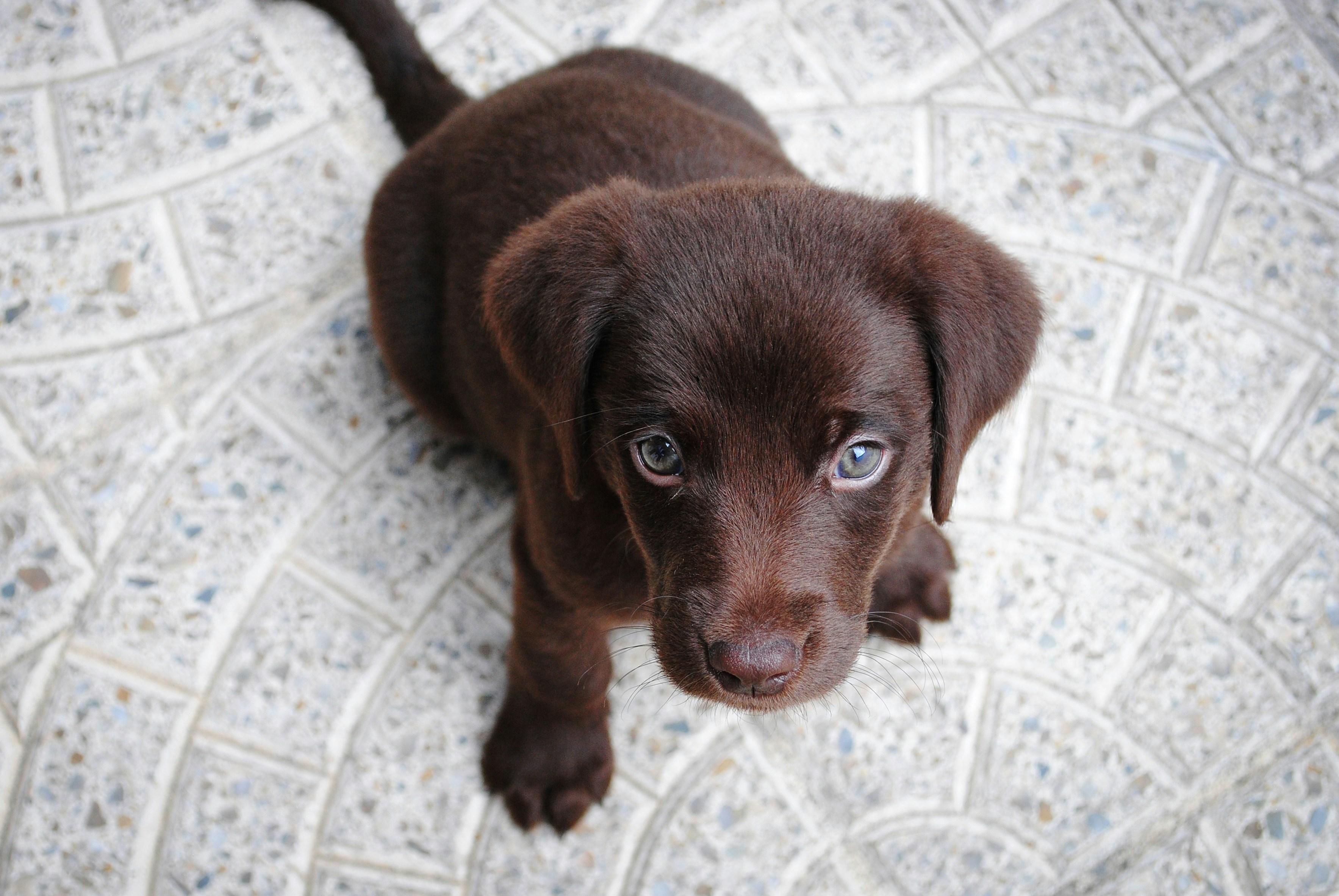
Handling Accidents with Patience and Care
Accidents are an inevitable part of the potty training journey, and handling them with patience is key to success. When your puppy has an accident, it’s important to remain calm and composed. Avoid scolding or punishing them, as this can create anxiety and hinder their learning process. Instead, focus on positive reinforcement and gentle guidance to help them understand the desired behavior.
- Stay prepared: Keep cleaning supplies handy to quickly and effectively clean up messes, ensuring that odors are eliminated to prevent repeat offenses.
- Consistent routine: Stick to a regular schedule for feeding and potty breaks to help your puppy learn when and where it’s appropriate to go.
- Redirect and reward: If you catch your puppy in the act, calmly redirect them to the appropriate spot and offer plenty of praise and treats when they finish there.
Remember, each puppy learns at their own pace, and your understanding approach will foster a trusting and confident relationship between you and your furry friend.
